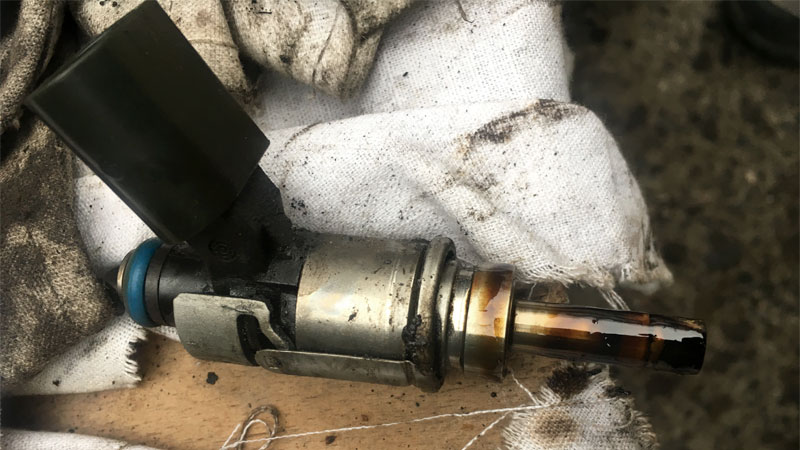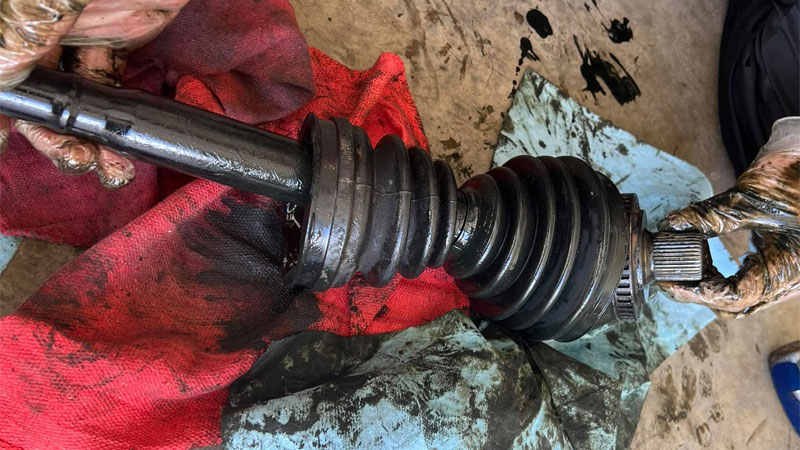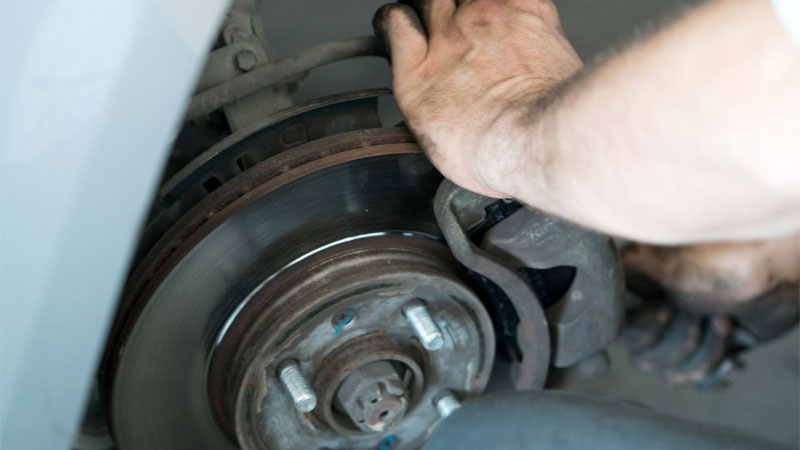The average motorist is relatively familiar with their vehicle, quickly realizing when something is amiss. While this level of awareness is of significant benefit when attempting to minimize the impact of issues as they arise, it can also lead one to fret endlessly until the source of such issues is uncovered.
Uneasy feelings of this type are only magnified when the onset of a problem occurs suddenly, or when its effects are rather striking in nature. This is how many motorists feel when their vehicle begins shaking while accelerating. Issues of this type are relatively common and can occur with, or without, any number of additional secondary symptoms.
Luckily, a number of underlying issues that cause a vehicle to shake while accelerating tend to be relatively easy to diagnose and remedy. However, one must still know where to begin, when attempting to make such repairs. For this reason, it is important to familiarize yourself with all potential possibilities, before jumping headlong into the repair process.
Read on to learn more about what causes a vehicle to shudder or vibrate when under acceleration, as well as how to address such issues when they arise.
See Also – 9 Reasons Your Car Jerks When Accelerating
Reasons Your Car Shakes When Accelerating
There are numerous reasons that a vehicle might shake when accelerating, each of which requires a separate course of action to repair. A working knowledge of these potential causes is of extreme value when attempting to remedy the underlying issue, while also eliminating any excess expenditure of time and money.
The following are several of the most likely reasons that a vehicle might shake when under load, such as when accelerating, or driving uphill. These will be different from a car that’s shaking only while idling.
1. Inadequate Combustion

Any engine that fails to fire on all cylinders is capable of producing a vibration, which is typically felt during periods of heavy load.
This lack of combustion can be caused by worn spark plugs, faulty fuel injectors, or even a loss of compression. These issues might, or might not be accompanied by the presence of a check engine light.
See Also – What Does a Blinking Check Engine Light Mean?
2. Internal Transmission Issues
Though somewhat rare, internal transmission issues can actually cause a substantial vibration that is most easily recognized while accelerating, but not when coasting.
Unfortunately, issues of this type are not easy to diagnose, or repair. In many cases, disassembly of the transmission in question is required.
3. CV Joint Failure
A vehicle’s CV joints play an instrumental role in providing power to the drive wheels of a front-wheel drive vehicle. If dust, dirt, or debris is allowed to enter a vehicle’s CV boots, the life of these joints is greatly reduced.
With time, free play will become evident, and shaking will occur, likely worsening with time.
4. Driveshaft Damage
A damaged driveshaft is sure to present quite the vibration, especially when under load. Damage of this type can easily occur when bottoming out on rocky terrain, or when attempting to tow far heavier payloads than your truck is intended to handle.
Even a small amount of driveshaft deflection can cause quite a noticeable vibration.
5. Sticking Brake Calipers
A stuck or frozen brake caliper can easily cause a vehicle to shake or shimmy when driving. In many cases, this vibration can even be felt through a vehicle’s steering wheel.
The vibration of this type comes as the result of excess friction, created as brake pads drag across the surface of their corresponding rotors. You might also notice that a vehicle pulls in one direction or another while driving.
Is It Safe to Continue Driving?
While you might be capable of maintaining your lane of travel, even when your vehicle is suffering from a noticeable vibration, placing yourself in a situation where you are forced to do so is never advised.
The truth is, in a worst-case scenario, attempting to drive in this manner puts you at a slightly higher than normal risk of being in an accident. After all, a vehicle that rides poorly is far more difficult to control than one which operates optimally.
Furthermore, certain issues that cause a vehicle to shake when accelerating can actually do secondary damage if not promptly addressed. This is the case in the event of a misfire on one or more cylinders. Under these conditions, unburnt fuel is passed downstream through a vehicle’s exhaust, often at the expense of a catalytic converter.
In any event, the root cause of a vehicle’s shaking, no matter the conditions under which it occurs, should be diagnosed and repaired as soon as possible.
If you do not feel comfortable tackling such repairs yourself, or simply do not have the time, an appointment should be made with a trusted automotive service center at the first available opportunity.
- History of the Chevrolet SSR: The Retro-Styled Convertible Pickup - Apr 25, 2024
- The History of the BMW M Coupe (the “Clown Shoe”) - Mar 26, 2024
- The History of the Ford Flex - Feb 28, 2024




